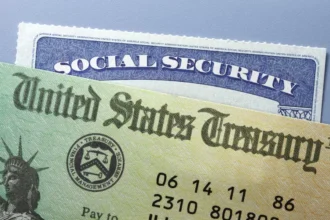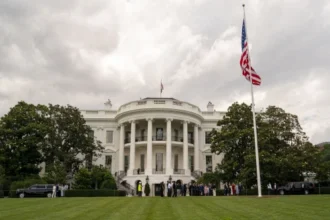U.S. District Judge Jeannette Vargas has officially granted access to the Department of Government Efficiency (DOGE) team embedded at the Treasury Department. This access includes entry into one of the most sensitive payment systems used to process trillions in federal funds.
DOGE’s access was initially blocked in February due to a lawsuit filed by Democratic-led states, but it was later halted for protocol and security reasons. However, the recent verdict represents an important phase when the Treasury acknowledged that DOGE team members had received the same level of vetting, training, and security clearance as regular Treasury workers.
The judge’s updated ruling now allows four other DOGE members; Thomas Krause, Linda Whitridge, Samuel Corcos, and Todd Newnam to join their colleague Ryan Wunderly in using the federal payment system run by the Bureau of Fiscal Service.
This bureau is responsible for processing nearly 90% of all federal payments, making it one of the most vital components of government finance operations.
The states that initially opposed DOGE’s involvement did not resist these changes. These modifications suggest a new level of cooperation between federal agencies and the DOGE team, which is tasked with streamlining and monitoring efficiency across the federal government.
Judge Vargas, appointed by former President Biden and serving in New York, made it clear in her updated ruling that continued judicial review of DOGE personnel onboarding was unnecessary. “There is little utility in having this Court function as Treasury’s de facto human resources officer each time a new team member is onboarded,” she stated.
The judge permitted preemptive access for future DOGE members who meet the same clearance and training requirements. This could simplify DOGE’s job of ensuring good governance inside federal agencies while avoiding frequent legal challenges.
Despite this ruling, DOGE’s broader initiative remains contentious. Its effort to embed within federal agencies has spurred several lawsuits. While some suits aim to halt DOGE’s access to sensitive systems, others challenge the team’s very presence and alleged disruption of agency autonomy.
Currently, the Trump administration has petitioned the Supreme Court to overturn another judicial injunction on DOGE’s access to Social Security Administration computers. These judicial challenges highlight basic political divides over DOGE’s mission and methodology.











